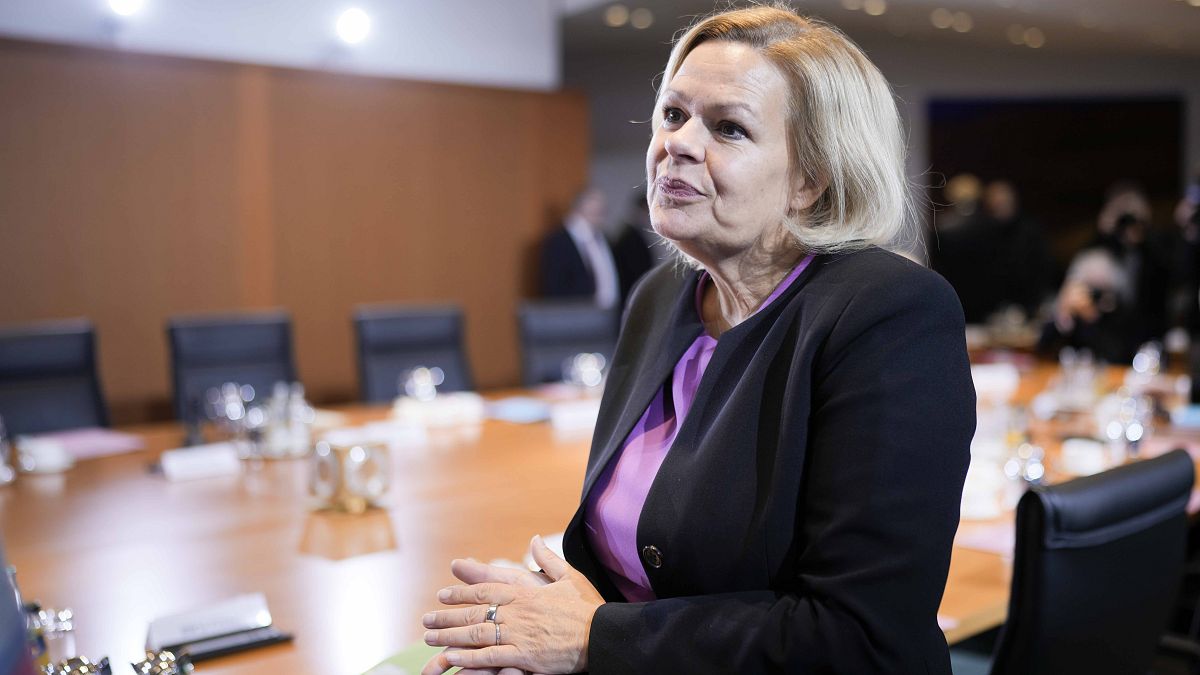Germany needs more protections against cybersecurity threats with a general election coming up, the interior minister said.
Germany’s interior ministry says the country needs to protect itself against cybersecurity threats with an election looming.
“With a view to the upcoming federal election, we must also protect our democracy in the digital world,” German interior minister Nancy Faeser said in a post on social media.
“We must be particularly prepared against threats from hacker attacks, manipulation and disinformation,” she added.
German media reported that the country will likely head to the polls for a snap election on February 23, after Chancellor Olaf Scholz’s three-way coalition government dissolved over internal conflict last week.
For this election, the “threat level in the area of cybersecurity remains high,” due to the ongoing Russian invasion of Ukraine, according to the annual report from Germany’s Federal Office for Information Security.
The ministry identified 22 Advanced Persistent Threat (APT) groups that conduct cyber espionage against public authorities and private businesses, the report said.
The government has also identified several critical vulnerabilities in firewalls and VPN systems that need to be addressed.
In 2024, Germany modernised its IT security legislation by forcing companies in more sectors to implement cybersecurity practices and report any attacks on their systems, the ministry said.
Germany’s last elections in 2021 didn’t see “a singular, big disinformation narrative,” according to a report from the French think tank Institut Montaigne from the same period.
However, there were narratives that the mail-in ballot process was “inherently unsafe” and that the election was manipulated despite there being no evidence of voter fraud, the institute found.

